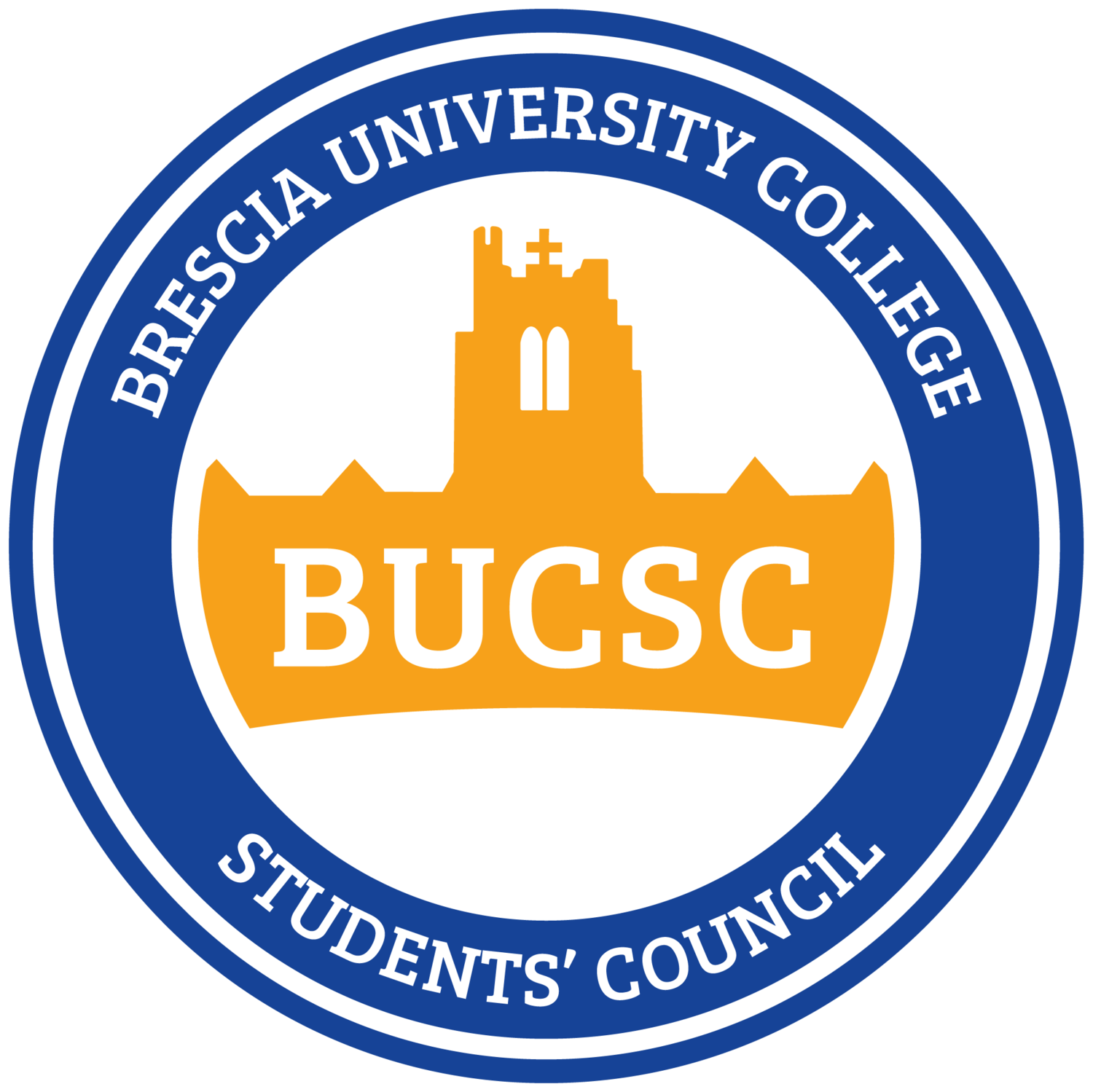Strategies for Overcoming Procrastination
Getting past procrastination can be hard, but here are some strategies that can help make it easier to get started.
First of all, if you catch yourself procrastinating, ask why. Are you overwhelmed, tired, bored, hungry, unsure what to do, need a break… don’t know what to work on first? I’ve noticed that procrastination is often the result of a feeling, so if you can figure out what’s holding you back from starting your work, you can change something about your situation that will make it easier to get started.
If you’re feeling bored, find a way to make doing the task more interesting. If you’re hungry, have something healthy to eat. If you need a break, “procrastinate” by going for a walk or doing one of your hobbies, rather than scrolling through your phone. I know, it’s easier said than done. So here are some simple, specific tips that you can try next time you’re procrastinating:
If You Can’t Start, At Least Get Ready to Start
Remove any small barriers to starting an assignment. For example, get your notes and supplies out, read the assignment instructions, open a new document to work in, and make sure you understand what you’re supposed to do (if not, ask a classmate or email your professor). Now you are closer to starting than you were before.
Decide When You Will Stop
It’s less overwhelming to work on a task if you know when you will take a break, so that you don’t get carried away and end up working for longer than you want. Choose an amount of time and set a timer. This way, you start small to prevent feeling overwhelmed and you sit down to work knowing exactly how long you will be there for.
Make Studying More Enjoyable
Write vocabulary and terms out on a white board instead of paper. Read your notes out loud and pretend to teach the course material. Use coloured pens instead of pencil. Find something that interests you about the material you’re learning. Decorate or re-arrange your study space. Listen to an upbeat song before you start working. Add variety by switching study spots every now and then. If you celebrate Christmas, you could even try studying in the glow of the Christmas tree lights this December. Think of some ways you can make studying a more enjoyable experience that you will be less likely to procrastinate.
Start Reading Before Checking the Chapter Length
Try reading for at least 20-25 min before looking at how long the textbook chapter is. That way if you feel overwhelmed when you see the length, you can remind yourself that at least you’ve already started—plus your curiosity about how long the chapter is might help motivate you to finish the first time.
Always Know Your Next Step
When you stop studying for the day or stop to take a long break, grab a little sticky note and write down your next step for what to work on when you come back. Leave the sticky note somewhere you will see it, like on your desk, laptop, or textbook cover. This will help you know exactly where to start when you return. If you often find yourself staring at your to do list and having trouble deciding what to work on first, then this strategy is a great way to remove that possible barrier to getting started right away.
If You Do Procrastinate, Do Something Meaningful
Sometimes when we find ourselves procrastinating it’s because we truly need a break. So if you’re going to procrastinate, get away from your computer screen and do something that improves your mood and gives your mind a rest. Walk, cook a new recipe, paint or draw, write a poem or story, sing, listen to music, dance, play a sport or instrument, call a friend or family member… There are many ways to make your “procrastinating” more meaningful—and, if you’re doing something that benefits your mental health, you’re using your time well after all!
